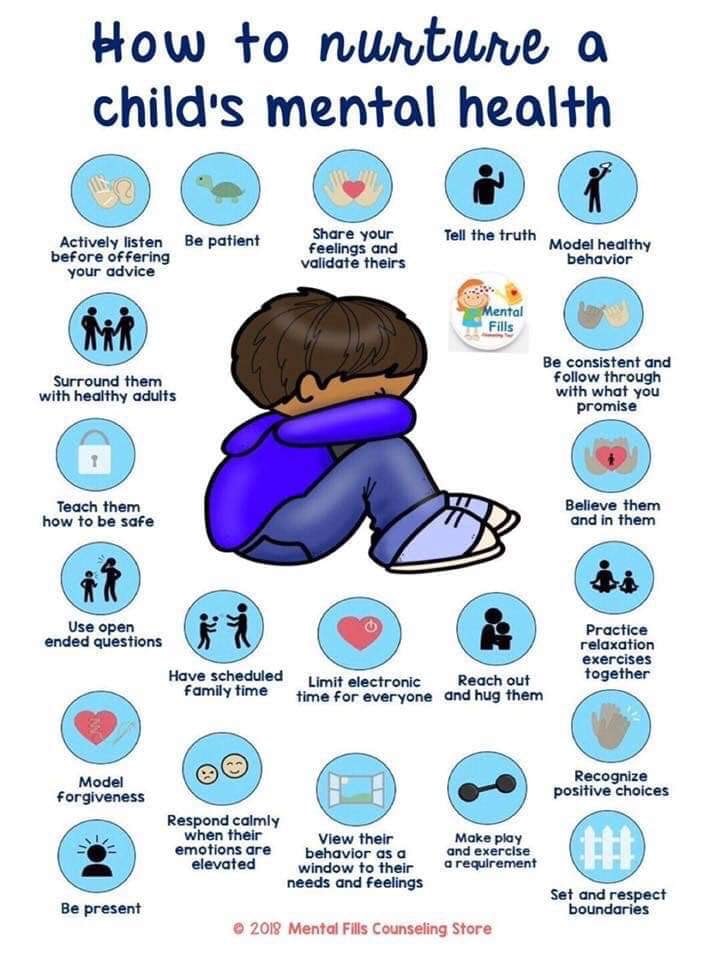Child Mental Health: Understanding and Supporting Children's Emotional Well-Being

What is Child Mental Health?
Child mental health refers to the emotional and psychological well-being of children. It encompasses a wide range of issues, such as anxiety, depression, behavior problems, and learning disabilities. Children's mental health is influenced by various factors, including genetics, environment, and life experiences.
Signs of Poor Mental Health in Children
It is important to recognize the signs of poor mental health in children. Some common signs include:
- Withdrawal from family and friends
- Frequent mood swings
- Difficulty sleeping or changes in appetite
- Unexplained physical ailments
- Decline in school performance
- Loss of interest in activities they once enjoyed
Causes of Poor Mental Health in Children
Poor mental health in children can be caused by various factors, including:
- Family conflict or stress
- Exposure to trauma or abuse
- Genetic predisposition
- Changes in environment, such as a move or divorce
- Learning disabilities or other developmental disorders
How to Support Children's Emotional Well-Being
As caregivers, there are many ways we can support our children's emotional well-being:
- Encourage open communication
- Validate their feelings
- Provide a safe and supportive environment
- Teach coping skills and stress management techniques
- Model positive behaviors and attitudes
The Benefits of Seeking Professional Help
If you are concerned about your child's mental health, it is important to seek professional help. Mental health professionals can provide support and resources to help your child manage their emotions and behaviors. Seeking professional help can also help prevent future mental health issues.
Pros and Cons of Mental Health Medications for Children
In some cases, mental health medications may be prescribed to children to help manage their symptoms. Here are some pros and cons to consider:
Pros:
- Can effectively manage symptoms
- May improve quality of life
- Can help prevent future mental health issues
Cons:
- May have side effects
- Can be expensive
- May not be effective for everyone
- Can be difficult to manage dosage and administration
FAQs
1. How can I tell if my child needs professional help for their mental health?
If your child is showing signs of poor mental health that are affecting their daily life, it may be time to seek professional help. Look for changes in behavior, mood, and overall functioning.
2. What are some ways I can support my child's mental health at home?
You can support your child's mental health by encouraging open communication, validating their feelings, providing a safe and supportive environment, teaching coping skills and stress management techniques, and modeling positive behaviors and attitudes.
3. Is it normal for children to experience anxiety or depression?
Yes, it is normal for children to experience anxiety or depression. However, if these feelings persist and begin to affect their daily life, it may be time to seek professional help.
4. What are some resources available for parents and caregivers of children with mental health issues?
There are many resources available for parents and caregivers of children with mental health issues, such as support groups, counseling services, and online resources. You can also speak with your child's healthcare provider for recommendations.
Child mental health is an important aspect of childhood development, and it is important to recognize and support our children's emotional well-being. By providing a safe and supportive environment, teaching coping skills, and seeking professional help when necessary, we can help our children thrive and reach their full potential.
